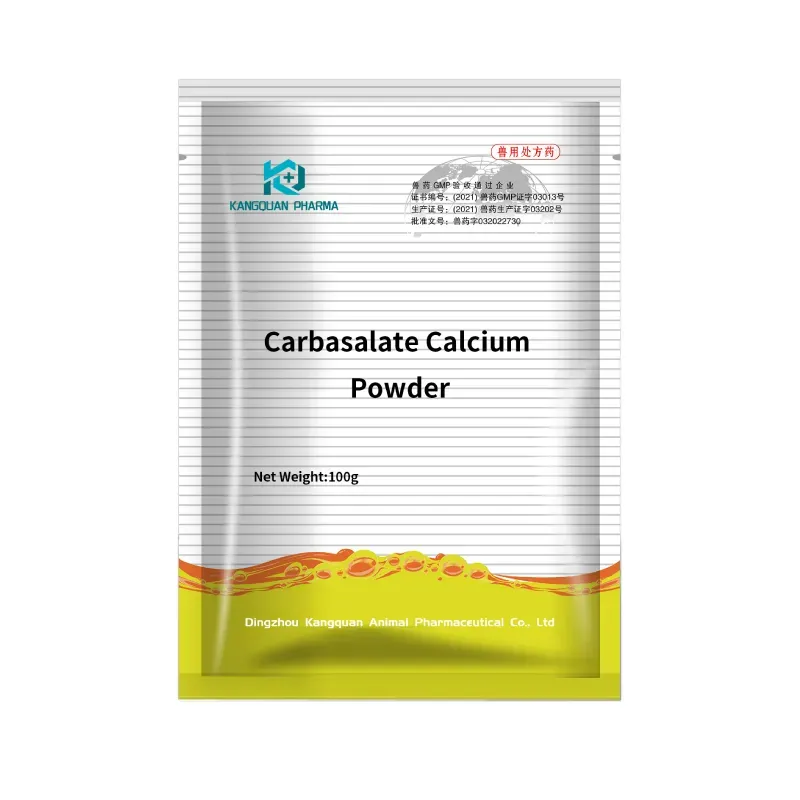- Afrikaans
- Albanian
- Amharic
- Arabic
- Armenian
- Azerbaijani
- Basque
- Belarusian
- Bengali
- Bosnian
- Bulgarian
- Catalan
- Cebuano
- Corsican
- Croatian
- Czech
- Danish
- Dutch
- English
- Esperanto
- Estonian
- Finnish
- French
- Frisian
- Galician
- Georgian
- German
- Greek
- Gujarati
- Haitian Creole
- hausa
- hawaiian
- Hebrew
- Hindi
- Miao
- Hungarian
- Icelandic
- igbo
- Indonesian
- irish
- Italian
- Japanese
- Javanese
- Kannada
- kazakh
- Khmer
- Rwandese
- Korean
- Kurdish
- Kyrgyz
- Lao
- Latin
- Latvian
- Lithuanian
- Luxembourgish
- Macedonian
- Malgashi
- Malay
- Malayalam
- Maltese
- Maori
- Marathi
- Mongolian
- Myanmar
- Nepali
- Norwegian
- Norwegian
- Occitan
- Pashto
- Persian
- Polish
- Portuguese
- Punjabi
- Romanian
- Russian
- Samoan
- Scottish Gaelic
- Serbian
- Sesotho
- Shona
- Sindhi
- Sinhala
- Slovak
- Slovenian
- Somali
- Spanish
- Sundanese
- Swahili
- Swedish
- Tagalog
- Tajik
- Tamil
- Tatar
- Telugu
- Thai
- Turkish
- Turkmen
- Ukrainian
- Urdu
- Uighur
- Uzbek
- Vietnamese
- Welsh
- Bantu
- Yiddish
- Yoruba
- Zulu
डिसेंबर . 12, 2024 09:29 Back to list
gentamicin sulfate used for
The Use of Gentamicin Sulfate An Overview
Gentamicin sulfate is a broad-spectrum antibiotic used primarily to treat serious infections caused by Gram-negative bacteria. It is part of the aminoglycoside class of antibiotics and has been widely used since its inaugural discovery in the 1960s. The purpose of this article is to explore the therapeutic applications, mechanisms of action, potential side effects, and considerations when using gentamicin sulfate.
Therapeutic Applications
Gentamicin sulfate is effective against a variety of bacterial infections, including those caused by Pseudomonas aeruginosa, Escherichia coli, and Klebsiella species. It is commonly used in hospital settings, particularly for patients who are immunocompromised or have serious infections, such as sepsis and pneumonia. Furthermore, it is employed in treating urinary tract infections, soft tissue infections, and intra-abdominal infections. In some cases, gentamicin sulfate is used in combination with other antibiotics to enhance its efficacy and target a wider range of pathogens.
This antibiotic can be administered through various routes, including intravenous (IV), intramuscular (IM), and topical applications. Infections that require systemic treatment typically warrant IV or IM administration, while topical formulations are often used for local infections or in eye treatments to combat bacterial conjunctivitis.
Mechanism of Action
Gentamicin sulfate works by inhibiting bacterial protein synthesis. It binds to the 30S ribosomal subunit of susceptible bacteria, leading to the misreading of mRNA and ultimately preventing the translation of proteins essential for bacterial growth and replication. This bactericidal effect makes gentamicin sulfate a powerful tool in the fight against bacterial infections, as it effectively reduces the viability of the targeted pathogens.
Side Effects and Considerations
gentamicin sulfate used for

Despite its effectiveness, gentamicin sulfate is associated with several potential side effects. The most significant risks include nephrotoxicity (kidney damage) and ototoxicity (hearing loss). These adverse effects are particularly concerning in patients with pre-existing kidney issues, those receiving high doses, or prolonged therapy. Regular monitoring of kidney function and hearing is crucial for patients on gentamicin, especially in a hospital setting.
Other common side effects can include rash, dizziness, and tinnitus. Due to these risks, healthcare professionals often weigh the benefits of using gentamicin sulfate against its potential harms, opting for alternative treatments when appropriate. For instance, in cases of non-severe infections, less harmful antibiotics may be prescribed.
Resistance and Future Considerations
Bacterial resistance to antibiotics is a growing public health concern, and gentamicin sulfate is not exempt from this issue. Overuse and misuse of antibiotics have led to the emergence of resistant strains, which complicates treatment and increases the risk of severe outcomes. Therefore, it is essential for healthcare professionals to perform susceptibility testing before initiating treatment with gentamicin, ensuring that it is an appropriate therapy for the infection at hand.
As the field of medicine advances, researchers are exploring ways to optimize the use of gentamicin sulfate, including the development of dosing strategies that minimize toxicity while maintaining efficacy. Future studies may also focus on the combination of gentamicin with novel antimicrobials or adjuvants to bolster its effectiveness against resistant bacteria.
Conclusion
Gentamicin sulfate remains an essential antibiotic in modern medicine, particularly for treating serious infections caused by Gram-negative bacteria. While its efficacy is well-established, awareness of its potential side effects and the importance of prudent use are critical components in minimizing risks associated with antibiotic therapy. Ongoing research and careful clinical practices will help ensure that gentamicin sulfate continues to be a valuable asset in the fight against infectious diseases.
-
Guide to Oxytetracycline Injection
NewsMar.27,2025
-
Guide to Colistin Sulphate
NewsMar.27,2025
-
Gentamicin Sulfate: Uses, Price, And Key Information
NewsMar.27,2025
-
Enrofloxacin Injection: Uses, Price, And Supplier Information
NewsMar.27,2025
-
Dexamethasone Sodium Phosphate Injection: Uses, Price, And Key Information
NewsMar.27,2025
-
Albendazole Tablet: Uses, Dosage, Cost, And Key Information
NewsMar.27,2025













